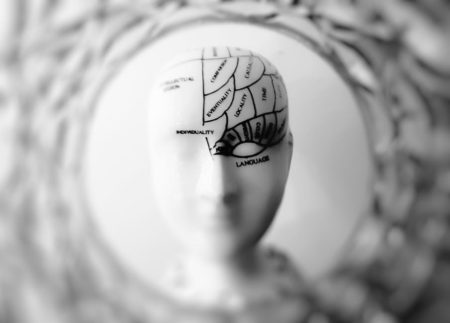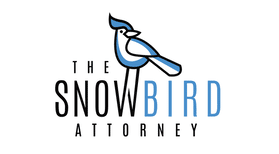
A head injury after a collision can be overwhelming and frightening and is measured by the Glasgow Scale. What is a Glasgow Scale? There is more than one severity and their symptoms can vary.
Mild Traumatic Brain Injury
(Glasgow Coma Scale score 13-15)
- Loss of consciousness is very brief, usually a few seconds or minutes.
- Loss of consciousness does not have to occur—the person may be dazed or confused.
- Testing or scans of the brain may appear normal.
- A mild traumatic brain injury is diagnosed only when there is a change in the mental status at the time of injury—the person is dazed, confused, or loses consciousness.
Moderate Traumatic Brain Injury
(Glasgow Coma Scale core 9-12)
Most brain injuries result from moderate and minor head injuries. Such injuries usually result from a non-penetrating blow to the head such as a motor vehicle crash. As luck would have it, many individuals sustain such head injuries without any apparent consequences. However, for many others, such injuries result in lifelong disabling impairments.
A moderate traumatic brain injury occurs when:
- A loss of consciousness lasts from a few minutes to a few hours.
- Confusion lasts from days to weeks.
- Cognitive, and/or behavioral impairments last for months or are permanent.
Severe Brain Injury
Glasgow Coma Scale (3-8)
Severe head injuries usually result from crushing blows or penetrating wounds to the head. Such injuries crush, rip and shear delicate brain tissue which can be the most life threatening.
Frequently, severe head trauma results in an open head injury, one in which the skull has been crushed or seriously fractured. Treatment of open head injuries usually requires prolonged hospitalization and extensive rehabilitation. Closed head injuries can also result in severe brain injury.
A traumatic brain injury can cause a wide range of functional short or long-term changes affecting thinking, sensation, language or emotions. Though the effects might not show up immediately, brain injuries can cause a change in someone’s personality. It’s so important to pay attention to any changes in behavior after a motor vehicle crash.
The Crash Support Network is a unique website consisting of an online support group, a Crash Survivor Blog written by a survivor, our Sharing Our Recovery Newsletter, informative articles and a Virtual Crash Memorial. Our website is based on relationship-building and puts the needs of survivors first by creating a helpful resource for victims and survivors of motor vehicle crashes.



